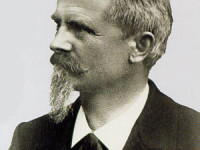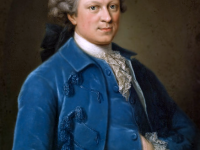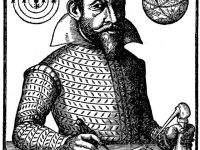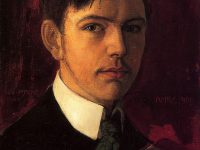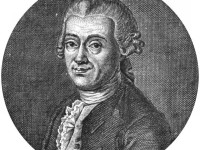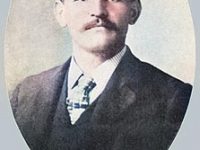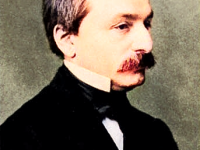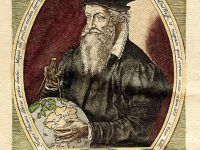Automobile Pioneer Wilhelm Maybach
On February 9, 1846, German engine designer and industrialist Wilhelm Maybach was born. Wilhelm Maybach, together with Gottlieb Daimler, developed light, high-speed internal combustion engines suitable for land, water, and air use. [1] These were fitted to the world‘s first motorcycle, motorboat, and to a new automobile introduced in late 1902, the Mercedes model. Wilhelm Maybach’s Early Years Wilhelm Maybach was educated at a philanthropic institution at Reutlingen. His skills were detected…
Read more

